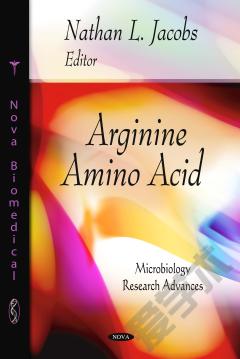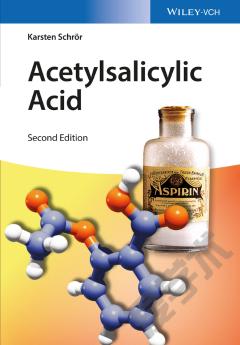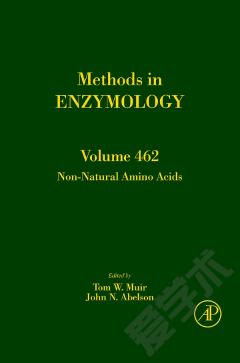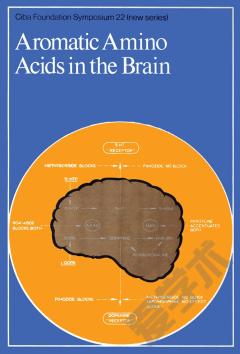Arginine Amino Acid
Arginine is a conditionally nonessential amino acid, meaning most of the time it can be manufactured by the human body, and does not need to be obtained directly through the diet. Arginine plays an important role in cell division, the healing of wounds, removing ammonia from the body, immune function, and the release of hormones. This book presents topical research in the study of arginine amino acids, including the techniques and methodologies used for the measurement of arginine in different matrixes; alternative metabolic pathways of arginine and their pathophysiological roles; the biosynthesis of arginine in the mammalian liver and kidney; the relationship between the structure and toxicity evaluated by in vitro methods of a series of arginine-based surfactants; the physico-chemical properties of arginine; and the central functions of L-arginine and its metabolites for stress behavior.
{{comment.content}}








 京公网安备 11010802027623号
京公网安备 11010802027623号